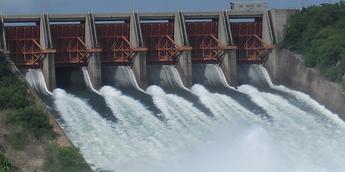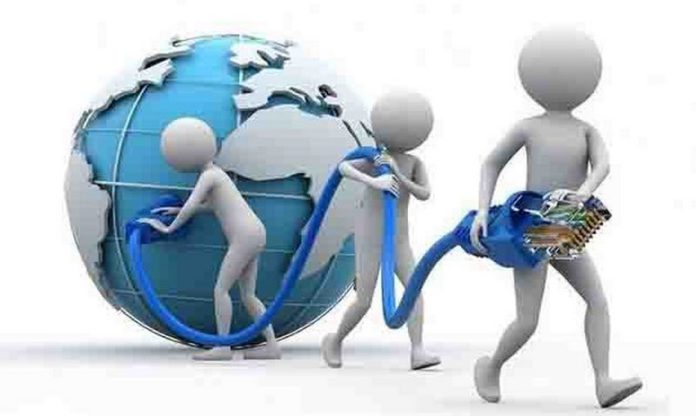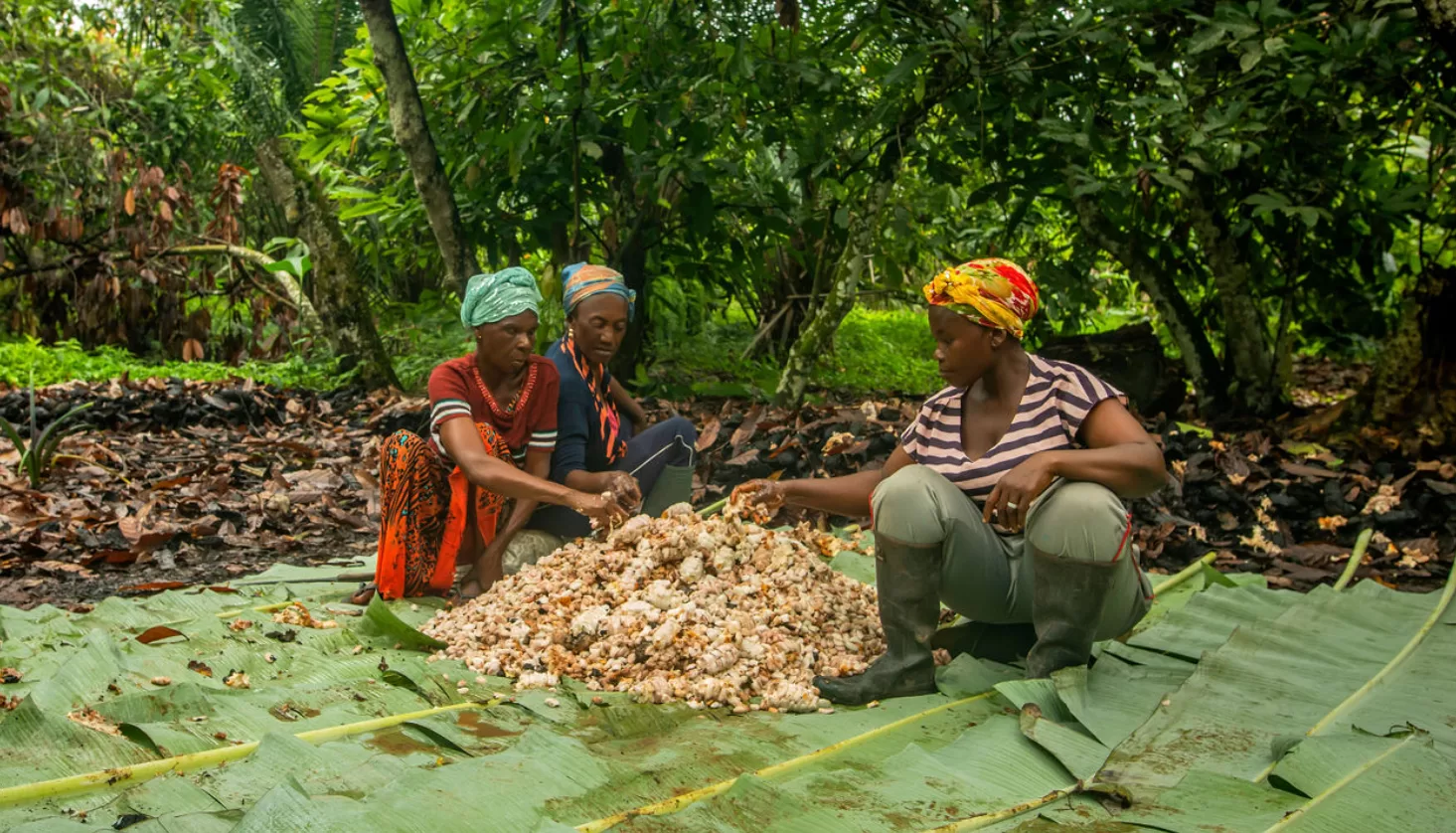National
Akosombo Dam spillage: GH¢80m released to support rehabilitation of affected communities – Akufo-Addo

National
The Mobile Network Operators are still relying on cables that weren’t impacted by the disruption – NCA
National
We’re working to make Ghana ICT hub of West Africa
Agriculture
COCOBOD must support young Ghanaians pursuing cocoa farming – SEND Ghana
-

 Sports3 days ago
Sports3 days agoBarcelona optimistic of signing Nico Williams in the summer
-

 Business3 days ago
Business3 days agoCedi now responding to hidden picture of our economic mismanagement – UG Professor
-

 Business3 days ago
Business3 days agoTrade Minister halts cement price hike
-

 Health3 days ago
Health3 days ago10 Places You Should Not Keep Your Phone If You Want to Live Longer According To Health Experts
-

 Business3 days ago
Business3 days agoAto Forson to Dr. Bawumia – “Fix the depreciating cedi and stop dancing off-beat”
-

 Politics3 days ago
Politics3 days agoWe’ll probe opaque gold-for-oil deal if we win 2024 polls
-

 Entertainment3 days ago
Entertainment3 days agoSarkodie signs deal to make fans shareholders of his yet-to-be-released mixtape
-

 Politics3 days ago
Politics3 days agoNDC will probe gold-for-oil deal if we win 2024 polls – Mahama
















